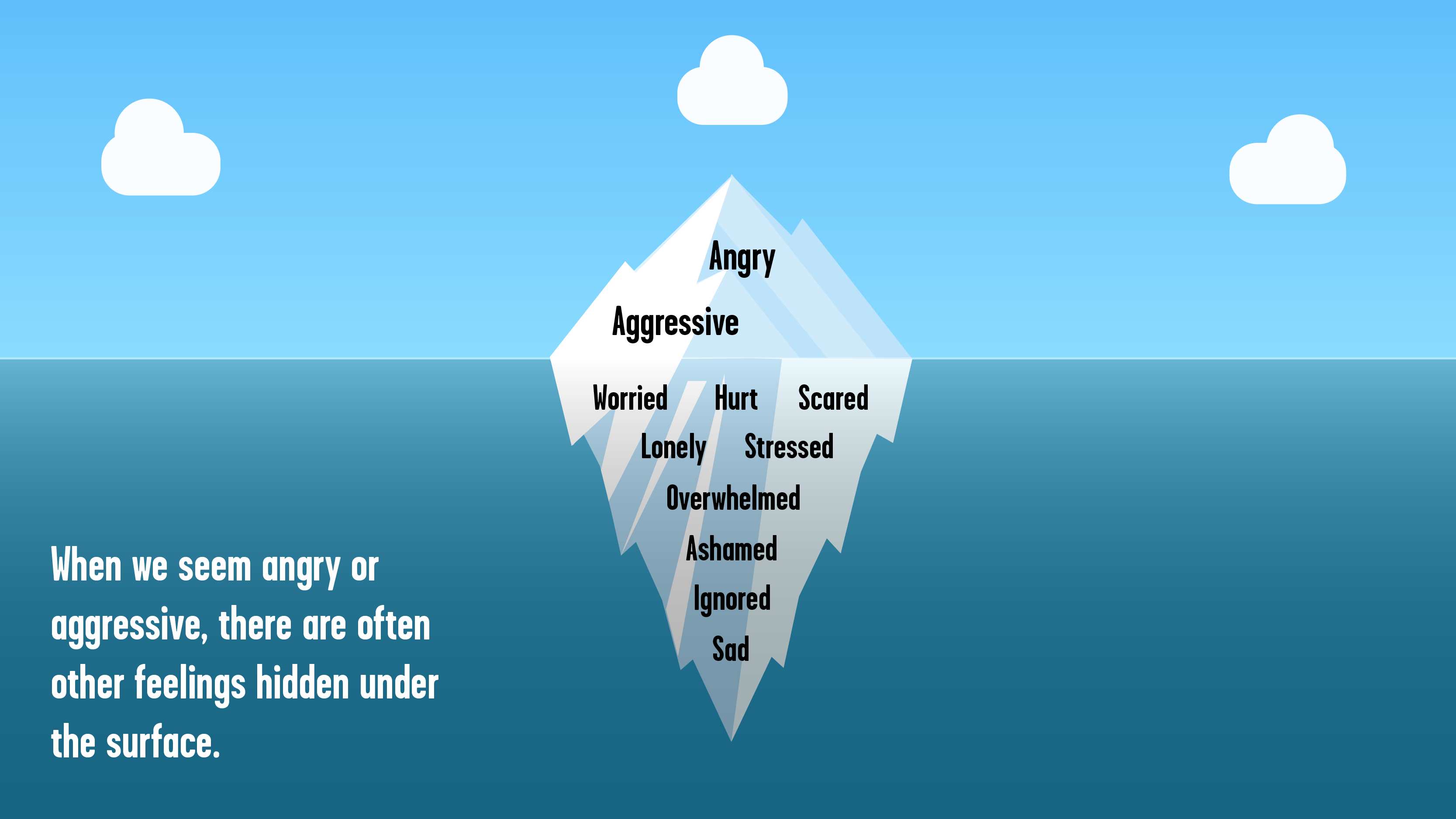Sometimes, children and young people behave in challenging ways when they have an additional need, neurodiverse condition, learning disability or developmental difficulty that has not been recognised. This can include dyslexia, dyspraxia, autism, ADHD, or difficulties hearing or speaking. In this situation, they may be acting out because their needs are not understood at home or school.
If you think your child might have an additional need, speak to your GP, or to your child’s teacher, pastoral lead or SENCO. They can make a referral for an assessment. It’s helpful to make a log of the behaviour you have noticed so that you can provide evidence when communicating with professionals.
If your child is diagnosed with an additional need, you can ask the professionals supporting them about parenting strategies that will best suit them.






